How Can AI in Digital Marketing Drive Better Conversions?
Types of AI Agents | AI vs Automation | Use of AI in Fraud Detection
What if AI in digital marketing could unlock a secret weapon that delivers the right message to the right customer at exactly the right time—effortlessly? This revolutionary technology is transforming how businesses connect with audiences and skyrocket conversions. Imagine campaigns so smart they predict customer behavior and automate tedious tasks, freeing you to focus on growth.
Dive into this article to discover how integrating AI in digital marketing can transform your strategy and turn leads into loyal customers like never before.
What is AI in Digital Marketing?
Artificial Intelligence (AI) in digital marketing refers to the use of advanced technologies, such as machine learning, large language models (LLMs), and AI algorithms, to enhance and automate marketing efforts. Rather than relying solely on manual processes or guesswork, AI analyzes vast amounts of data to uncover patterns, predict customer behavior, and deliver smarter insights that drive better marketing decisions.
AI transforms how companies plan, execute, and optimize marketing because it converts big data into actionable intelligence. Moreover, it helps marketers understand audiences by mining data from web interactions, social media engagement, and past purchases. In addition, AI-powered customer segmentation divides audiences into precise micro-groups, which in turn enables highly personalized messaging that ultimately boosts targeting accuracy and conversion rates.
AI also automates routine marketing tasks, such as content creation, email marketing automation, social media scheduling, and campaign optimization. Through generative adversarial networks (GANs) and natural language processing, AI systems can draft emails, social media posts, and even generate new ad creatives—while adapting the tone and style to fit brand voice. The result is marketing that is more relevant, timely, and impactful without increasing manual labor.
New AI marketing software and tools emerge every day, helping marketers work faster and smarter. However, with the overwhelming number of options, it’s crucial to select the right tools aligned with business goals. Many companies partner with AI development services or AI digital marketing agencies to effectively harness these solutions and integrate them into existing digital marketing platforms.
In summary, AI in digital marketing is not about replacing humans but empowering them. When combined with human creativity and strategic thinking, AI acts as an invaluable assistant that refines targeting, streamlines operational tasks, and personalizes every customer interaction to drive better conversions and maximize ROI.
Benefits of Using AI in Digital Marketing to Boost Conversion Rates
Adopting AI in digital marketing is a wise investment. Discover the advantages of embracing an AI-powered marketing strategy to enhance results.
-
Understanding Your Audience Better
AI analyzes behavioral data, social interactions, purchase history, and search patterns to develop detailed customer profiles. This data-driven customer insight helps marketers create compelling messages tailored to each segment, increasing engagement and conversion likelihood. AI for social media marketing further refines audience targeting based on real-time interaction data across platforms.
-
Increased Productivity
Automating tasks such as campaign scheduling, content creation, and lead nurturing accelerates marketing workflows. Marketers can make decisions faster, test multiple creatives simultaneously, and reduce time spent on manual optimization. AI marketing automation not only improves efficiency but also scales personalized outreach efforts effectively.
-
Effective Marketing
AI marketing tools dynamically optimize where and when ads appear, maximizing budget efficiency. For example, AI continuously analyzes the best PPC campaigns and shifts spend to the highest-converting ads instantly, ensuring every dollar contributes to conversions. This adaptive optimization also applies to email marketing automation software, where personalized send times and content enhance open and click rates.
-
Increased ROI
Data consistently shows that businesses using AI systems experience improved ROI. With the power of predictive analytics and dynamic audience engagement, companies see better conversion rates and overall campaign performance. For instance, AI marketing automation tools typically drive a 14.5% increase in sales productivity and a 12.2% reduction in marketing overhead.
-
Improved User Experience
AI-generated personalization creates seamless user experiences. Personalized product recommendations, chatbot assistance, and custom messaging enhance customer satisfaction and trust, key drivers of conversions. AI models detect when customers might drop off and intervene proactively to reduce churn.
By leveraging AI to understand your audience and boost productivity, your marketing can reach new heights. Furthermore, you can explore our portfolio to see customized AI solutions for your industry. In addition, connect with us on LinkedIn for expert advice and updates.
How to Use AI for Digital Marketing
Have a glance at the top AI solutions to boost conversion and accelerate growth for the business.
1. Data Analytics and Customer Insights
AI excels at processing complex datasets across multiple platforms—social media, websites, email, and more—to produce comprehensive marketing analytics. This holistic view lets marketers identify trends, customer preferences, and market opportunities faster and with fewer errors.
AI-powered tools can segment customers into detailed personas based on behavior, purchase history, and real-time engagement data. This segmentation fuels hyper-targeted campaigns, leading to higher relevance and increased conversions. For example, tools like 6Sense use intent data to predict which customers are ready to buy, allowing brands to personalize marketing journeys accordingly.
2. Automating Content Creation
Content generation remains the most popular use case for AI marketing tools. Approximately 55% of AI-using marketers employ AI for creating blogs, emails, social media posts, and other textual content. AI can also assist with multimedia content such as images and videos.
However, AI-generated content typically acts as a creative springboard. Most marketers prefer to edit or refine AI outputs rather than publish them directly, maintaining a human touch for authenticity and brand voice consistency.
3. Enhancing Personalization and Customer Experience
Personalization driven by AI goes beyond inserting a recipient’s name into emails. AI algorithms analyze user behavior and preferences to customize content dynamically across channels, including email, websites, and social media. Personalized experiences increase engagement significantly—60% of marketers believe AI customer experience enhances satisfaction and loyalty.
For instance, AI-powered chatbots deliver instant, context-aware customer support, nurturing leads and streamlining the buyer journey. Companies like Drift use AI bot technology that adapts answers beyond static scripts, offering a more natural conversational experience.
4. Optimizing Media Buying and Ad Placement
AI revolutionizes programmatic media buying by automating the selection of optimal ad placements and bid prices in real-time auctions. This data-driven approach ensures ads reach the most responsive audiences, maximizing ROI.
Digital marketing platforms like Google Ads utilize AI to enhance bidding strategies, while specialized tools such as Pattern89 analyze ad performance and optimize spend allocation.
5. Automated Email Marketing
Email marketing automation powered by AI allows marketers to send personalized emails at optimal times, boosting open and click-through rates. AI tools analyze past interactions, predict engagement likelihood, and segment the email list dynamically to tailor messaging.
Over 50% of marketers who use AI apply it to email campaigns and newsletters, which clearly confirms its central role in automated marketing stacks. Additionally, HubSpot’s AI Content Assistant offers capabilities to craft personalized marketing emails effortlessly based on simple prompts.
6. Predicting Customer Behavior and Campaign Outcomes
AI models forecast customer responses using historical data and engagement metrics, enabling marketers to design campaigns that resonate better with target audiences. Predictive analytics help identify high-value leads and optimize funnel performance.
Brands employing predictive models experience marked improvements in sales forecasting accuracy and overall AI in marketing effectiveness.
Real-Life Examples of AI in Digital Marketing
Several companies have successfully implemented AI in their digital marketing strategies:
1. Nike
Nike uses AI to create hyper-personalized marketing campaigns by analyzing user behavior and preferences. Their Nike SNKRS app delivers exclusive sneaker drop experiences to loyal customers, increasing engagement by over 60% and driving more than 50% of their total revenue digitally. Nike also uses AI-powered virtual try-on tech like Nike Fit, allowing customers to scan their feet with smartphones to find precise shoe sizes, reducing returns and boosting buyer confidence.
2. Spotify
Spotify leverages AI to curate personalized playlists such as Spotify Wrapped, which summarizes users’ music habits in visually shareable formats. Their AI dynamically creates playlists based on time of day, activity, and music taste. Moreover, Spotify utilizes AI for personalized audio ads that adjust message tone and length based on listener preferences, resulting in a 20% higher click-through rate and 2.7x lift in ad recall. These AI-driven initiatives deepen user engagement and increase ad effectiveness.
3. Netflix
Netflix uses AI algorithms to analyze viewing patterns and preferences to recommend tailored shows and movies. Their AI also influences marketing by adjusting the artwork and promotional material for individual users, increasing content relevance. The platform’s AI-driven recommendations and targeted ad placements contribute to high viewer retention and subscriber growth.
4. Sephora
Sephora’s Virtual Artist uses AI and augmented reality (AR) to let customers try makeup virtually. The tool, combined with AI chatbots, provides personalized product recommendations and tutorials. This innovative approach has significantly boosted customer engagement and sales, with over 200 million virtual try-ons recorded.
5. Amazon
Amazon employs AI for dynamic pricing, adjusting product prices in real time based on demand, competition, and customer profiles. Their AI recommendation engines analyze shopping behavior to provide personalized product suggestions, driving higher conversions and customer loyalty. These AI applications have been key to Amazon’s dominant e-commerce position.
AI Digital Marketing Tools
In 2025, marketers will have access to a diverse array of AI tools targeted at content creation, campaign management, analytics, and customer engagement. Here is a detailed look at some of the top AI-powered marketing tools and their key features.
1. ChatGPT and OpenAI Solutions
OpenAI’s ChatGPT has evolved from a simple chatbot to a comprehensive marketing assistant. In particular, it helps with content generation (blogs, social media, emails), market research, campaign planning, and customer interaction automation. Furthermore, with its advanced natural language understanding, the latest GPT-5 model assists marketers in creating more relevant and engaging messaging, thereby improving efficiency and creativity.
2. HubSpot AI Marketing Suite
HubSpot excels with AI-driven lead scoring, automated email sequences, and predictive analytics that help prioritize high-value prospects. The tool integrates with CRM systems, offering smart personalization and seamless marketing automation. HubSpot users report significant improvements in campaign ROI and streamlined workflows due to AI-powered insights.
3. Jasper AI for Content Creation
Jasper AI offers robust AI-assisted writing for blogs, advertisements, social media posts, and emails. Its Brand Voice customization ensures consistent messaging aligned with the company’s tone. Jasper’s team collaboration features and SEO optimization suggestions make it popular among marketers aiming for productivity and quality.
4. Surfer SEO for Content Optimization
Surfer SEO combines AI content generation with real-time SEO analytics, providing suggestions to improve rankings while maintaining readability. Its competitor analysis and keyword research automation help marketing teams identify content gaps and craft effective SEO strategies.
5. Albert.ai for Digital Advertising
Albert automates digital advertising campaigns across channels by managing audience targeting, budget allocation, and creative optimization. Moreover, by using machine learning, it dynamically adjusts campaigns to maximize performance and, as a result, reduce ad spend inefficiencies.
6. Brand24 for Social Listening
Brand24 utilizes AI for real-time monitoring of brand mentions, sentiment analysis, and influencer identification. Moreover, it helps marketers protect brand reputation, spot emerging trends, and engage effectively with audiences across social media platforms.
Cons of AI in Digital Marketing
Despite its advantages, AI adoption presents challenges:
- Content Quality and Accuracy:
AI helps improve grammar, spelling, readability, and SEO, ensuring consistent and error-free content. However, over-reliance on AI can sometimes produce generic or inaccurate output, requiring human oversight to maintain creativity and factual accuracy. - Privacy:
Using AI in marketing involves handling sensitive customer data; therefore, transparency and data security are crucial. In addition, compliance with privacy laws like GDPR is necessary to maintain customer trust and, as a result, avoid legal risks. - Copyright Issues:
AI-generated content can unintentionally mimic existing works, thus raising concerns about originality and copyright infringement. Therefore, marketers must use plagiarism detection tools and ensure human review in order to avoid legal complications. - High Cost and Resource Demands:
Implementing AI solutions requires investment in software licenses, training, data management, and ongoing maintenance. However, these demands can be resource-intensive for some organizations. - Skill Gaps:
Many marketers lack expertise in AI technologies, and as a result, this leads to slower adoption and less effective use. Therefore, continuous training and hiring skilled professionals are essential for success.
Businesses need to address these risks through a thoughtful AI strategy and governance.
Future of AI in Digital Marketing
The future of AI in digital marketing is set for transformative growth, reshaping how businesses engage with consumers and optimize campaigns. The marketing technology landscape is expected to see substantial investment in AI-driven solutions, with global martech set to exceed $215 billion by 2027. This growth is being fueled by the increasing use of AI in marketing automation and customer data management, which in turn enables businesses to streamline operations, enhance customer interactions, and improve ROI. Moreover, companies leveraging AI technologies gain significant competitive advantages, as they can execute highly adaptive, data-driven strategies at scale.
Looking further ahead, the global AI in marketing market is projected to reach $214 billion by 2033, growing annually at nearly 27%. AI adoption will continue to accelerate lead generation (by up to 50%), improve customer segmentation, and reduce operational inefficiencies, such as cutting call times by 60%. The growth of AI in marketing is driven by its ability to enable predictive analytics, as well as hyper-personalized customer experiences and real-time ad optimization. Consequently, it allows brands to understand consumer intent more accurately and, in turn, deliver relevant content at scale.
As AI continues to evolve, it will drive further innovation in digital marketing, making it more efficient, responsive, and capable of delivering personalized customer experiences at unprecedented levels of scale..
Conclusion: Elevate Your Presence with AI in Digital Marketing
AI is no longer a futuristic concept; it’s a necessity for businesses that want to stay competitive. With AI-driven customer segmentation and generative adversarial networks (GANs), marketers can create highly targeted campaigns and realistic ad creatives. This approach helps reduce costs while enhancing customer engagement. By adopting AI automation tools for business, optimizing Artificial Intelligence strategy, and enhancing customer experience, you can achieve higher conversions, better engagement, and increased ROI.
Unlock the Power of AI in Your Digital Marketing with Flexlab!
If you’re looking to integrate AI into your digital marketing strategy, Flexlab, a leading AI development company, can help. Our team of experts offers top-notch AI development services, tailored AI solutions, and cutting-edge tools to elevate your marketing efforts. As an industry leader, we specialize in crafting AI-driven strategies that boost productivity and deliver measurable results. Take the first step toward transforming your digital marketing—Contact us today! Ready to transform your marketing game?
Ready to Grow Your Business?
📞 Book a FREE Consultation Call: +1 (416) 477-9616
📧 Email us: info@flexlab.io
Take the leap into the future of marketing—partner with Flexlab now!
Unlock More Insights:
How can AI help with digital marketing?
AI analyzes customer data to tailor personalized marketing messages across channels. It automates campaign management, predicts consumer behavior, and optimizes advertising spend, resulting in improved targeting and higher conversion rates. Over 88% of marketers use AI daily to boost their effectiveness.
How to effectively use AI in marketing?
Set clear, measurable goals aligned with business objectives first. Select AI tools that fit your strategy, invest in team training for smooth adoption, and actively monitor campaign data to refine AI models and improve results. Continuous learning and adaptation are key to success.
Which AI tool is best for digital marketing?
Popular AI tools include Jasper AI for generating creative content, HubSpot for CRM and automation workflows, and Optimizer for managing and optimizing PPC campaigns. Each tool offers unique capabilities to automate tasks and enhance marketing precision in real-time.
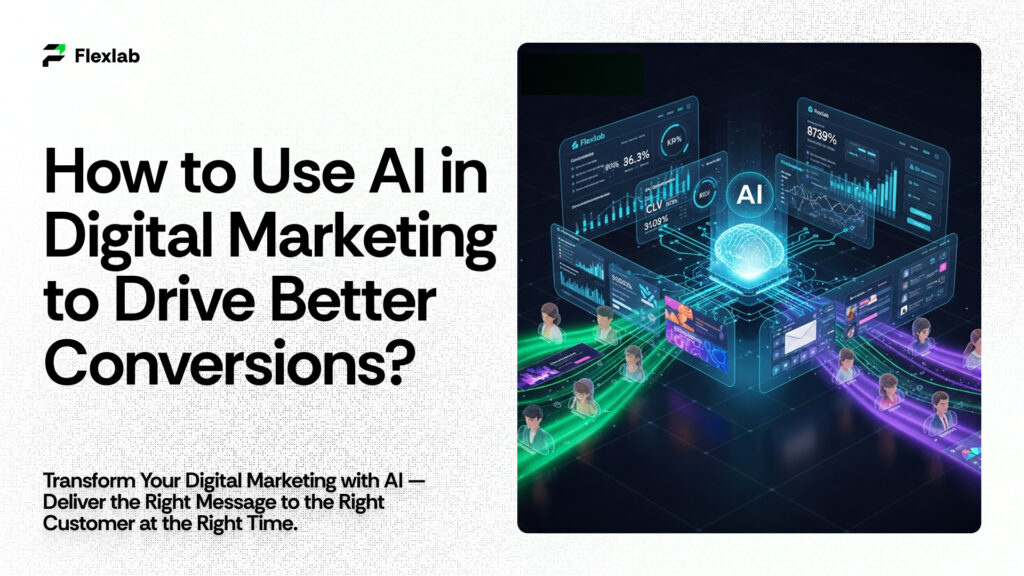
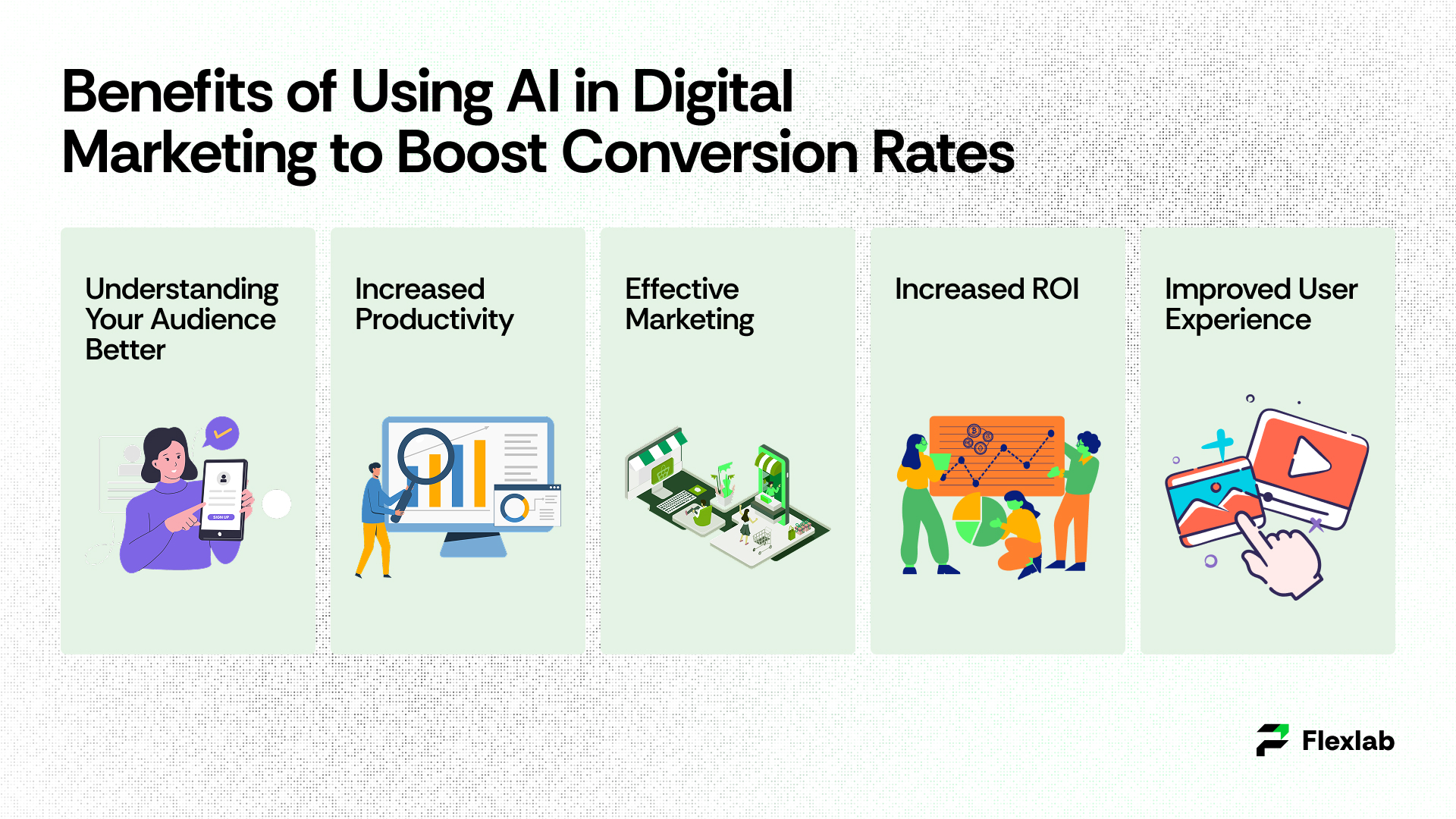
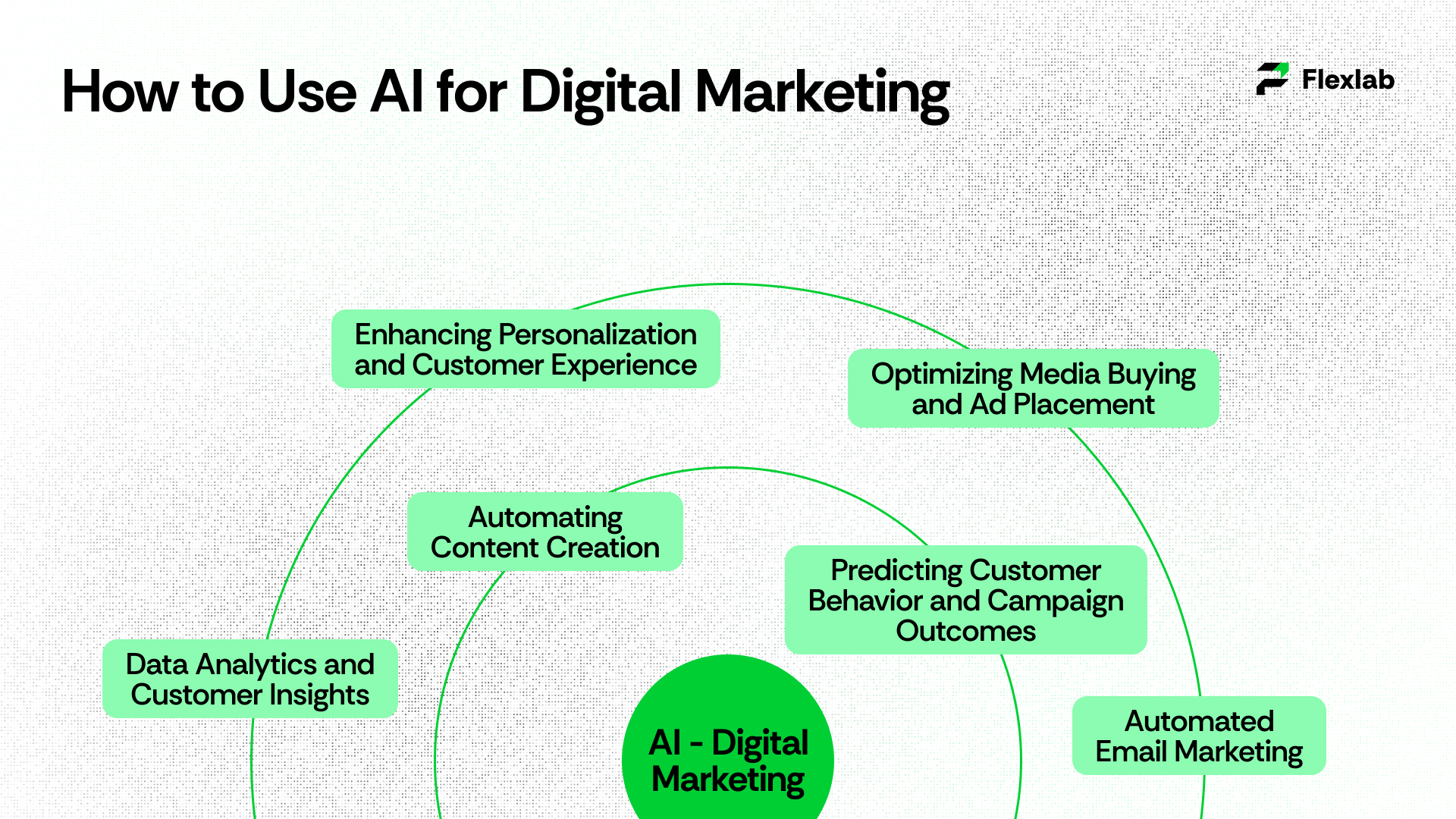
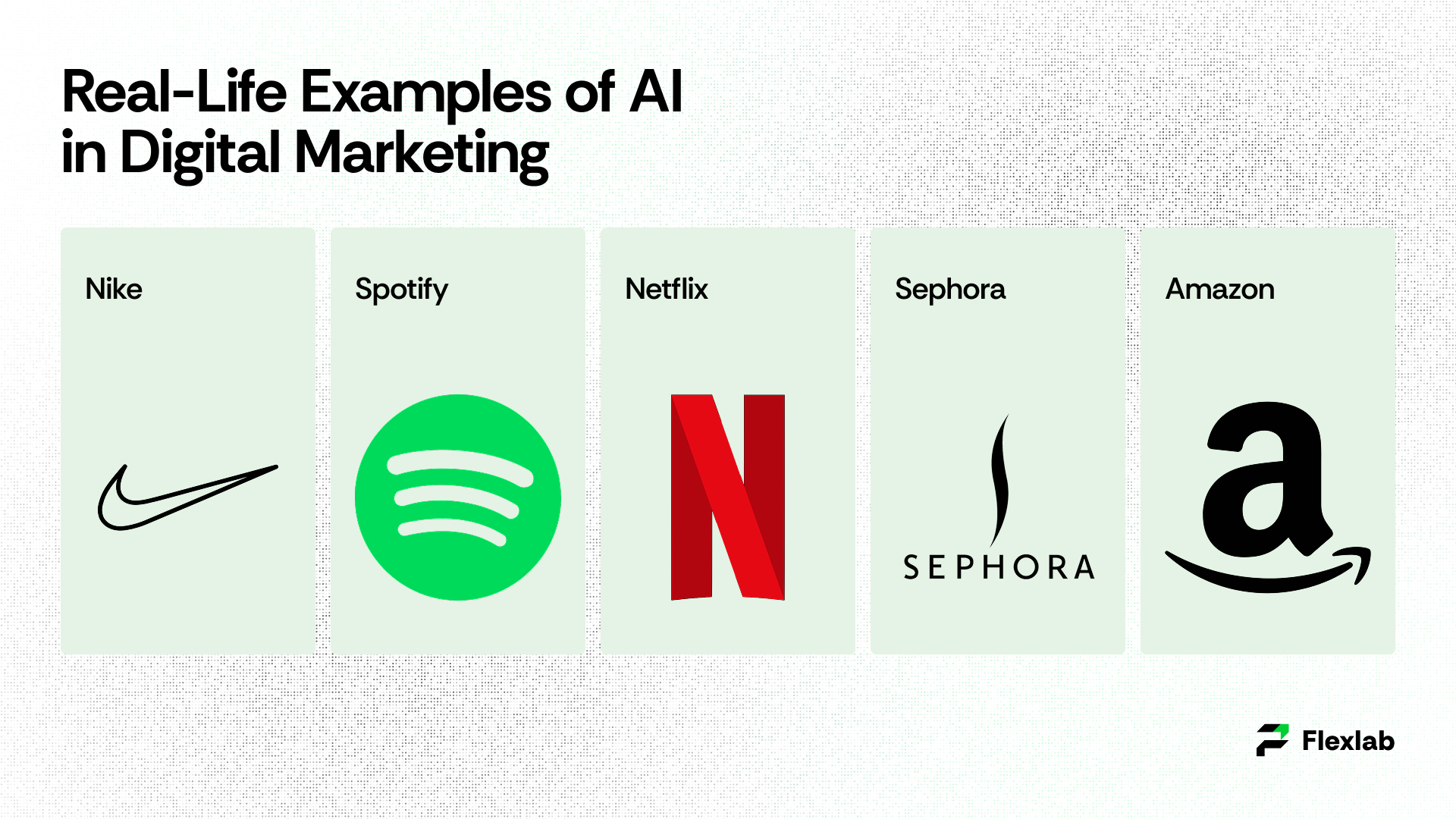
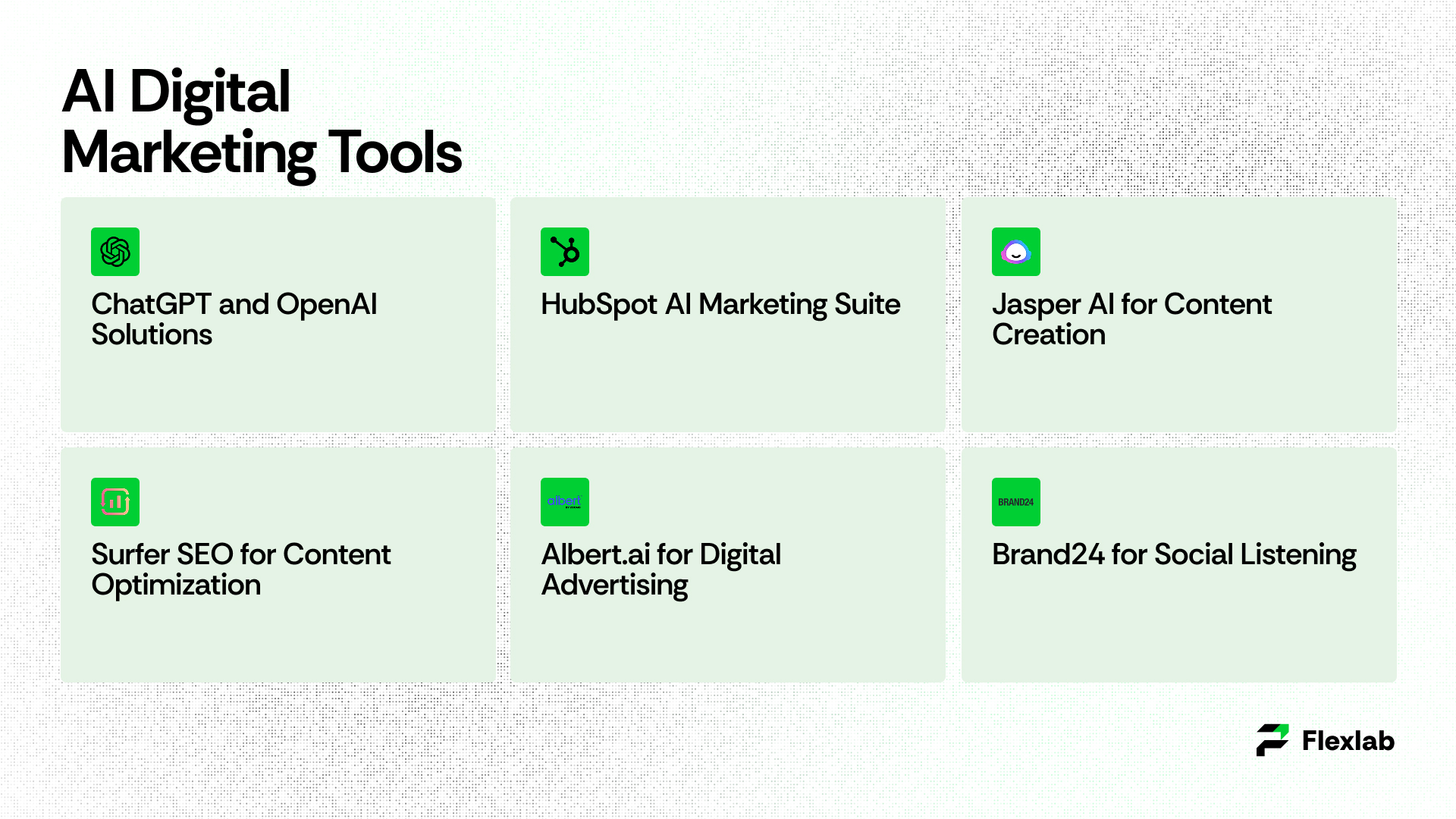
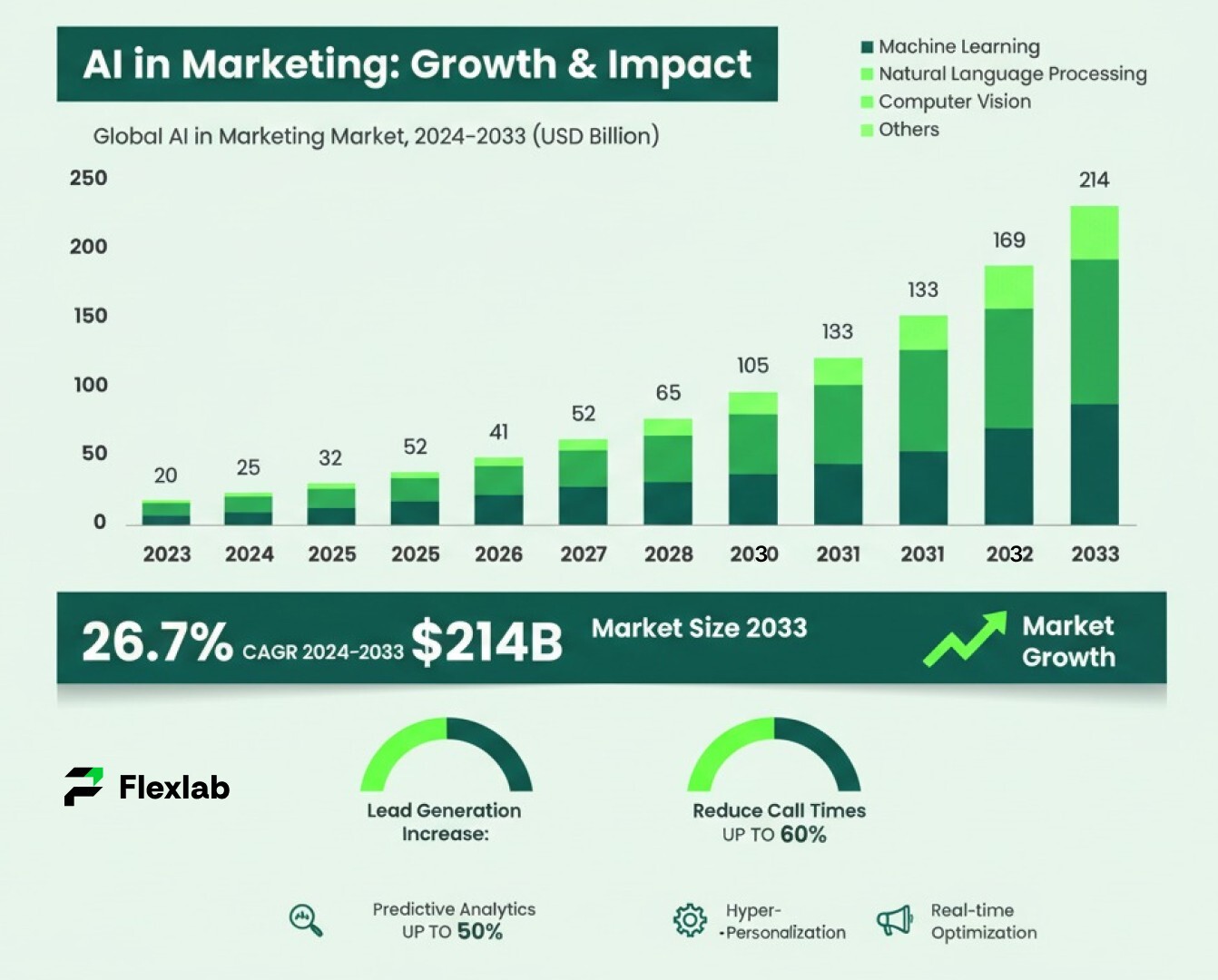

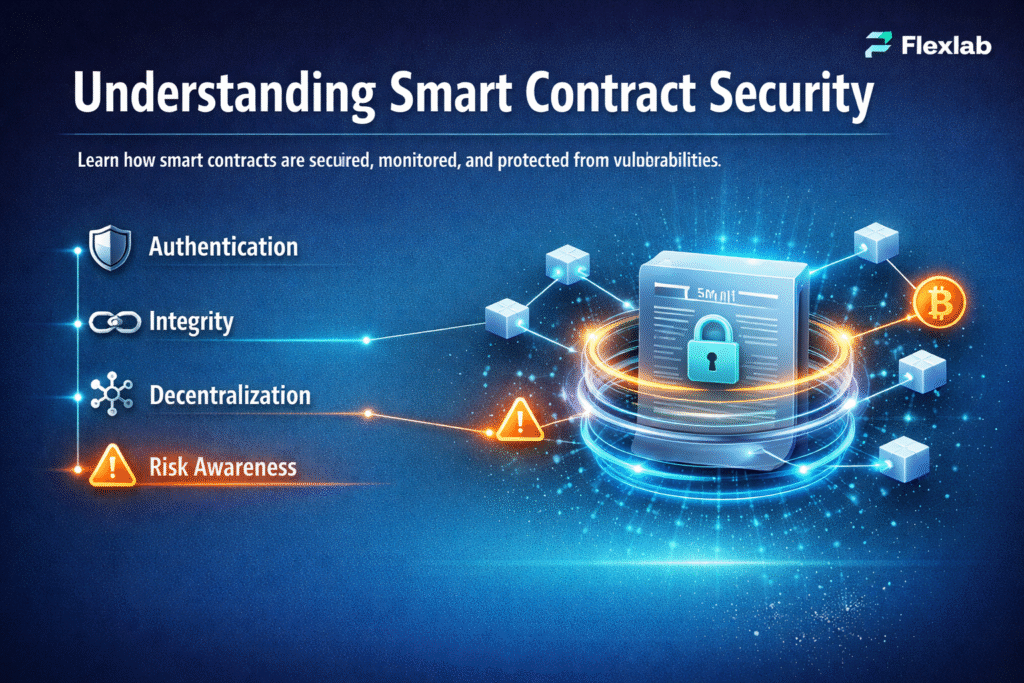
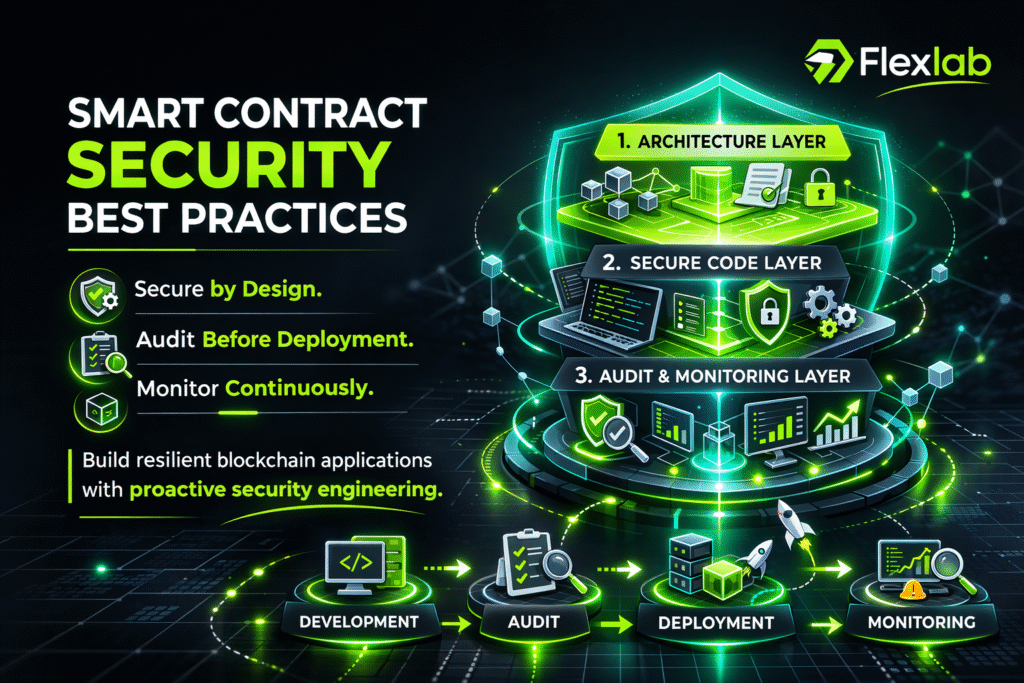
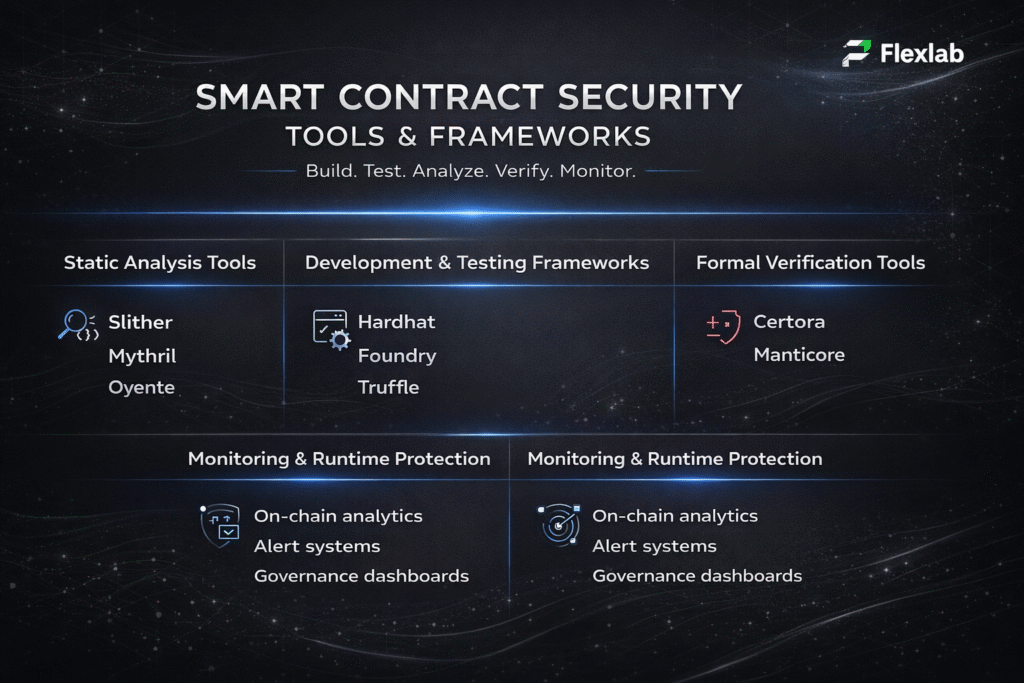




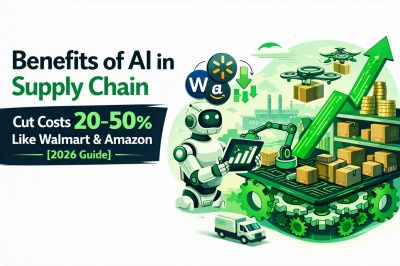
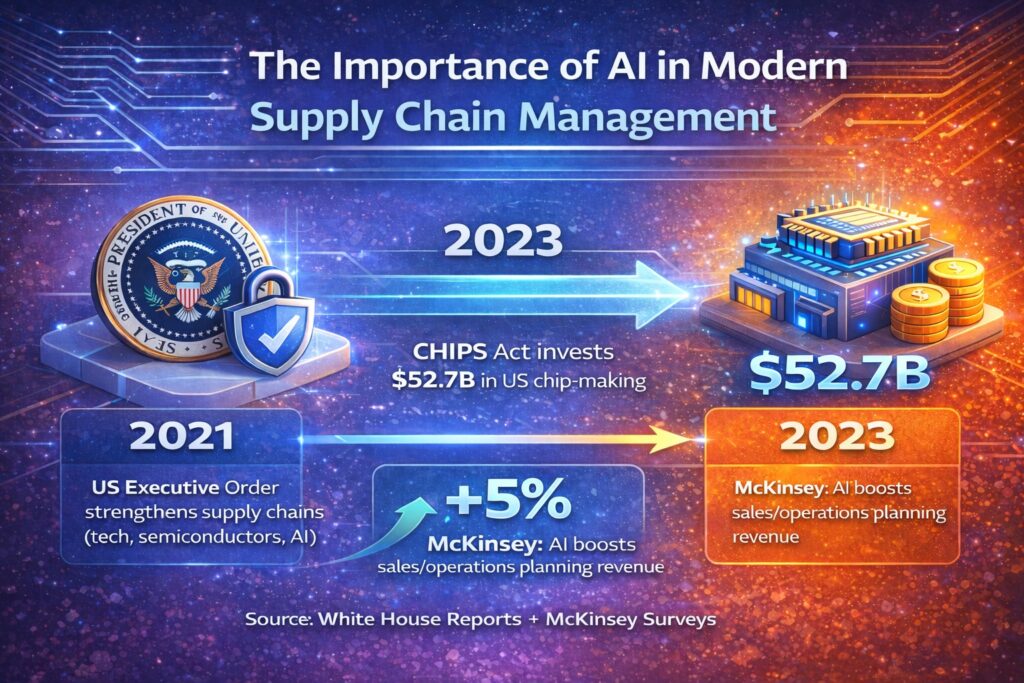
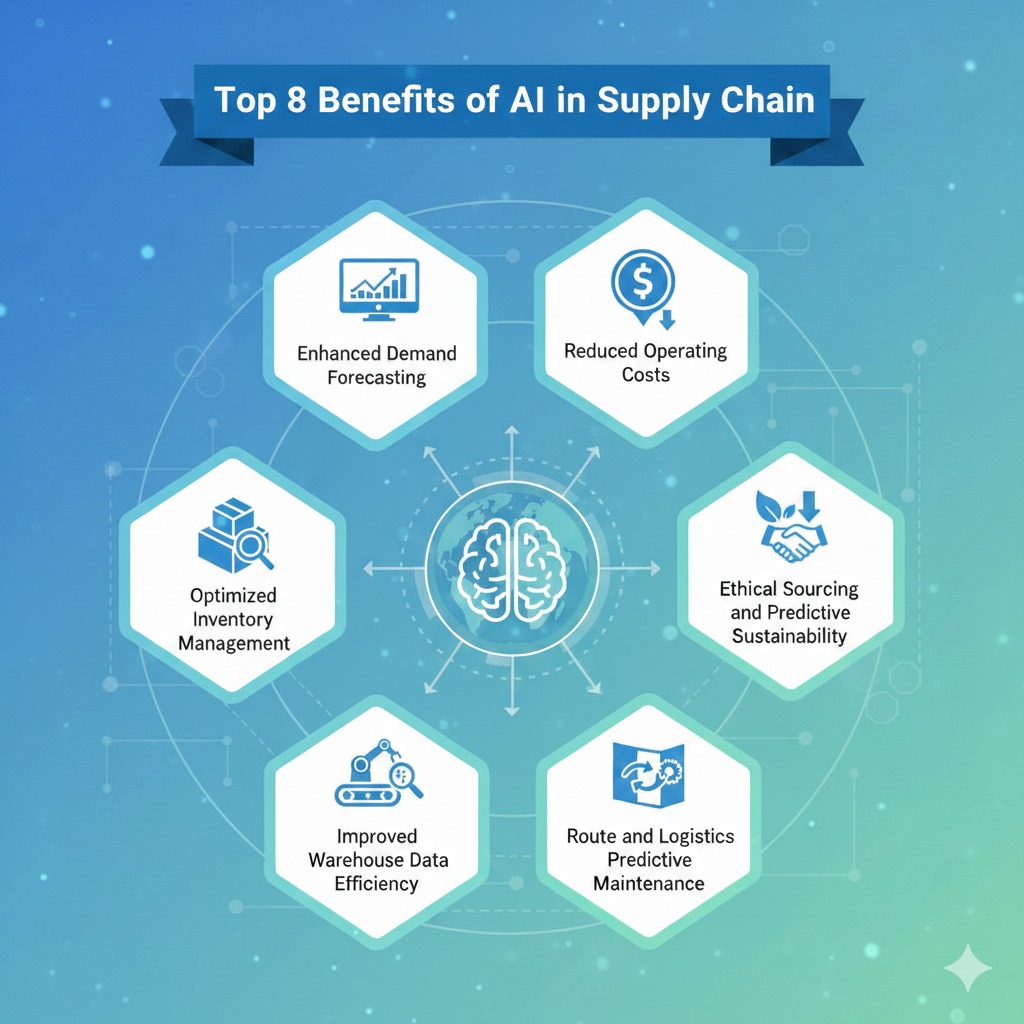
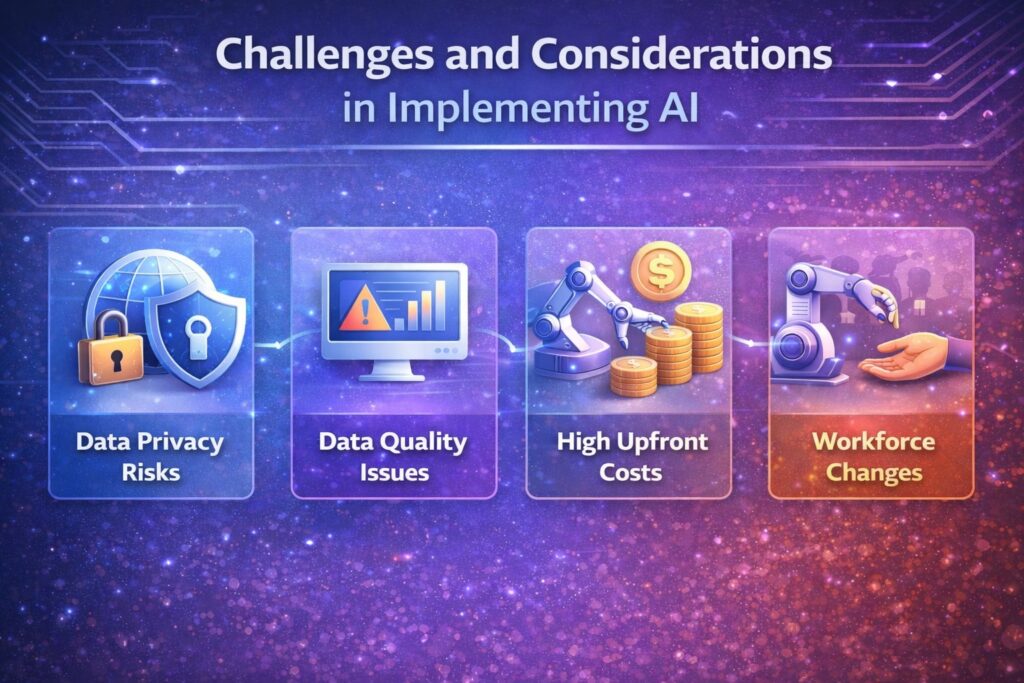
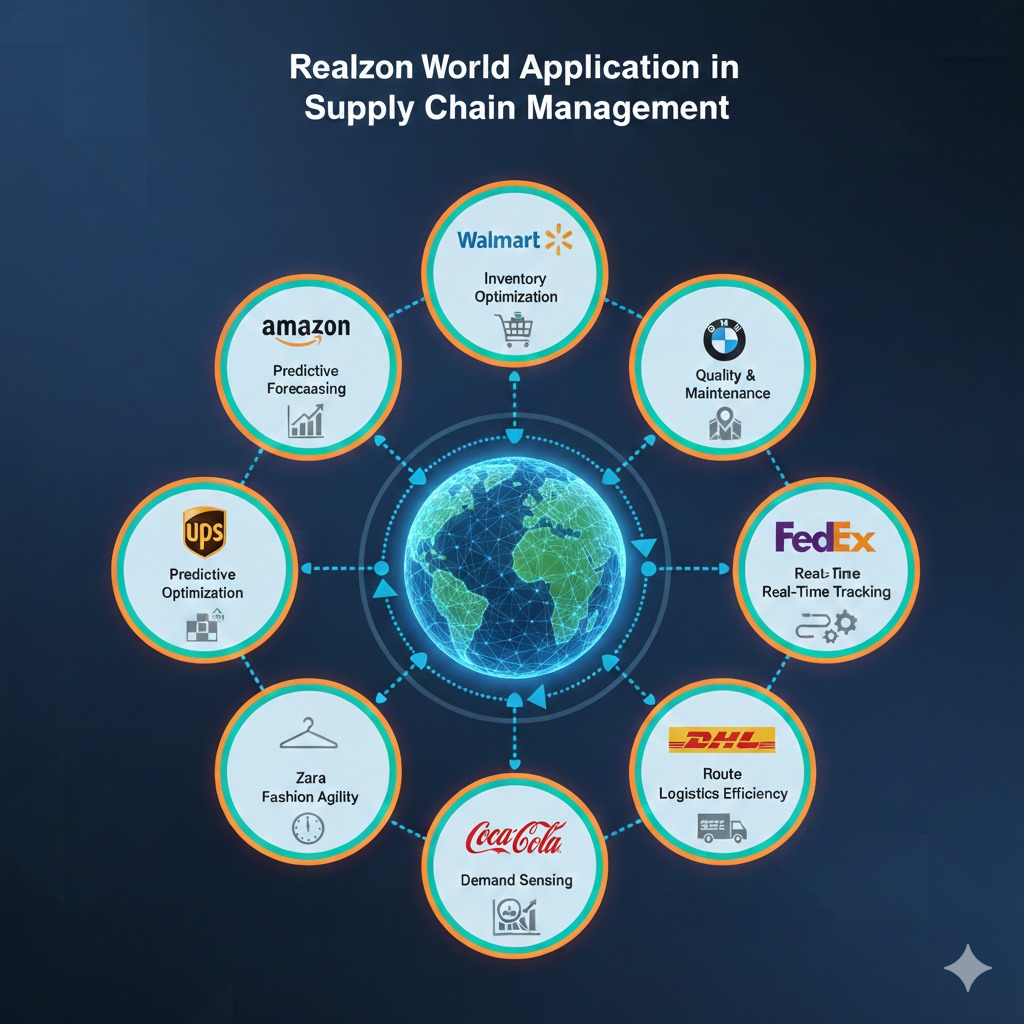
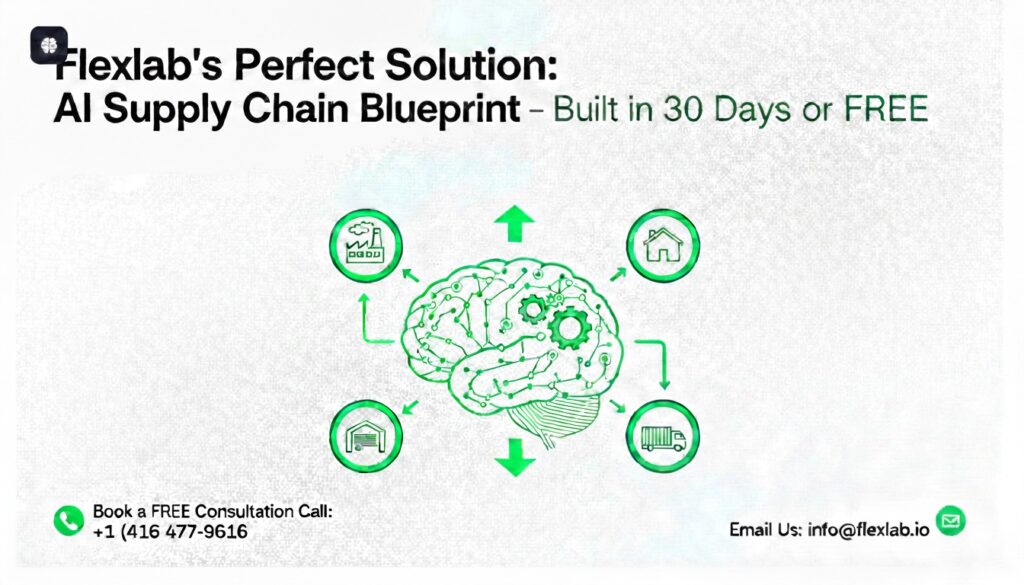
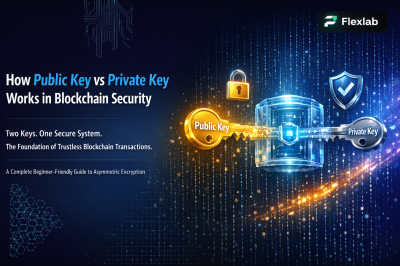
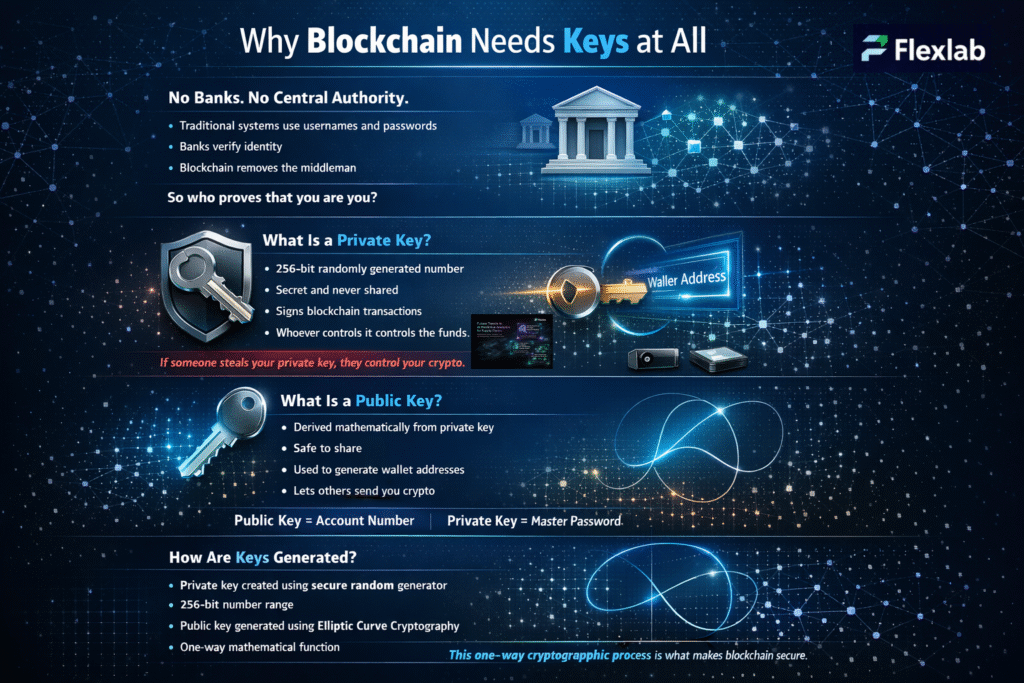
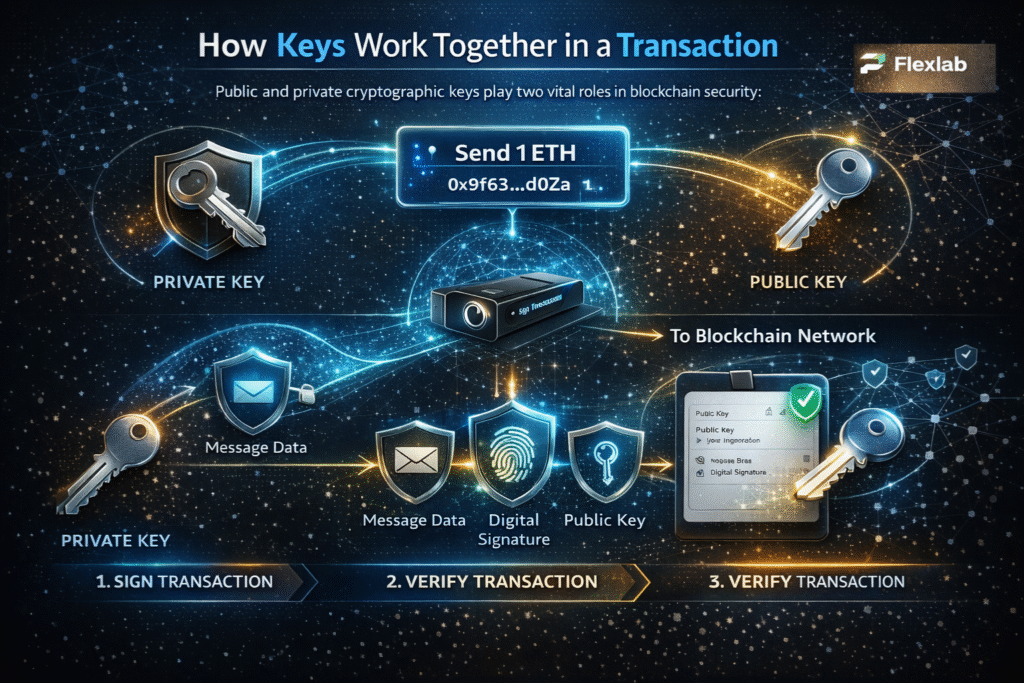
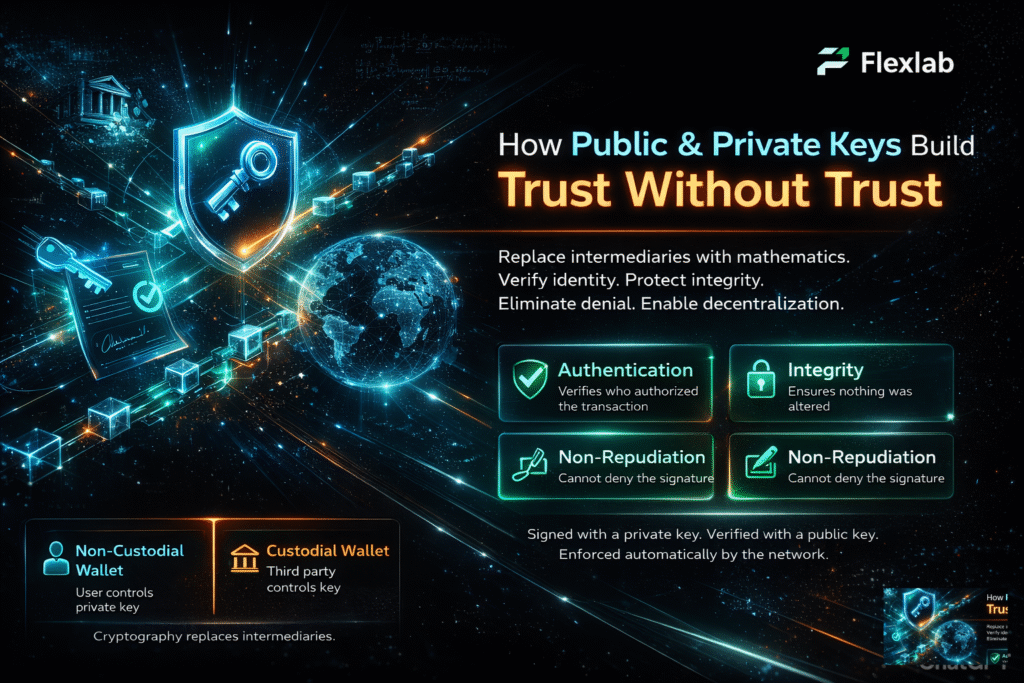
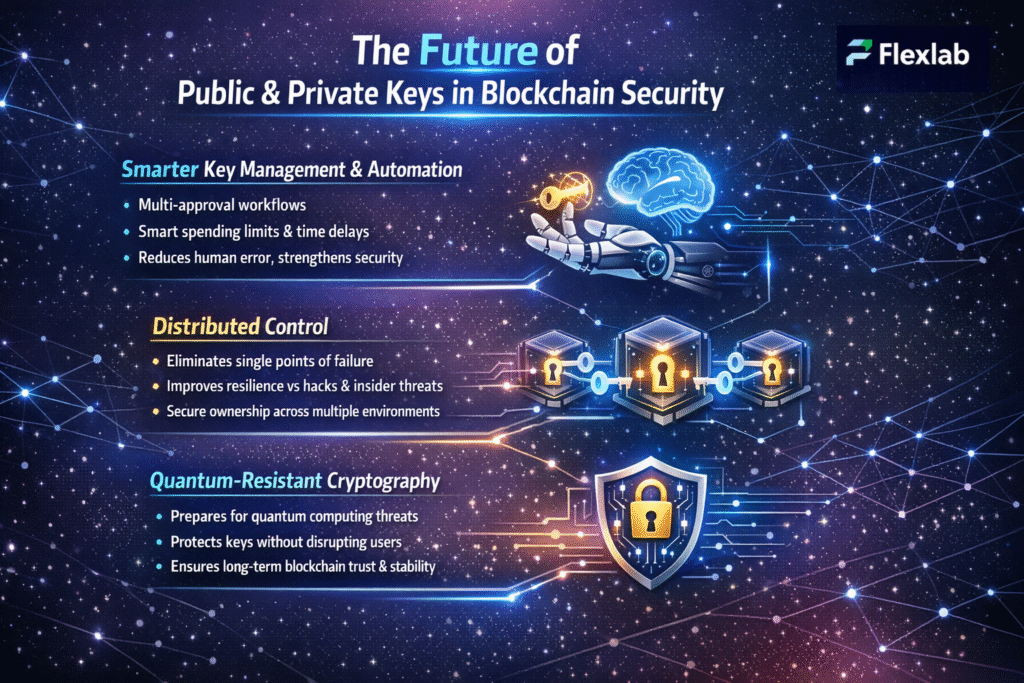
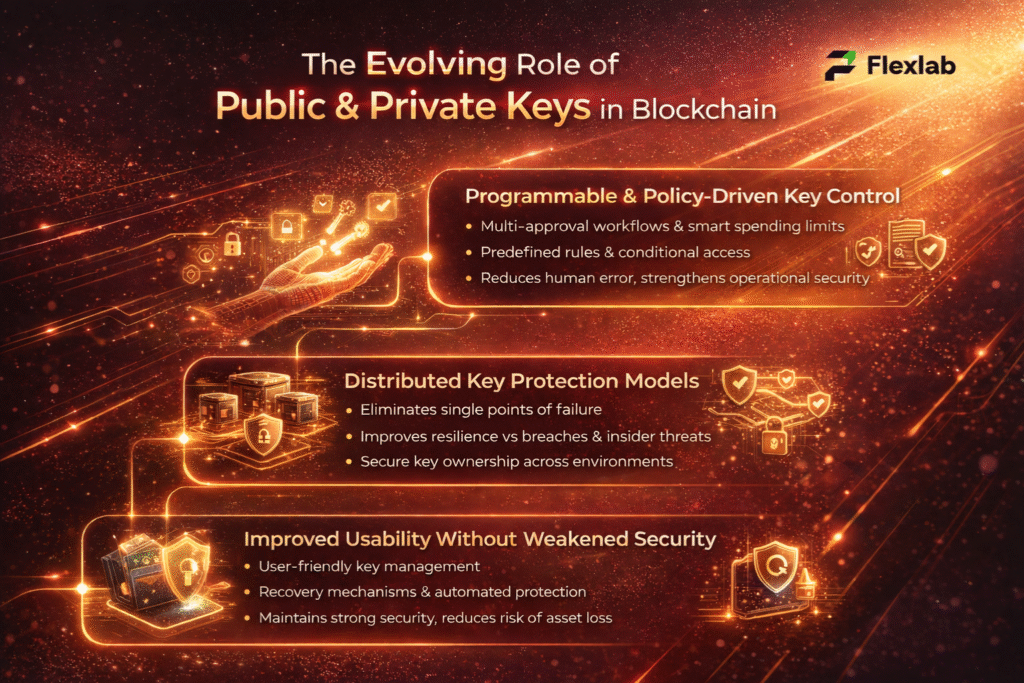
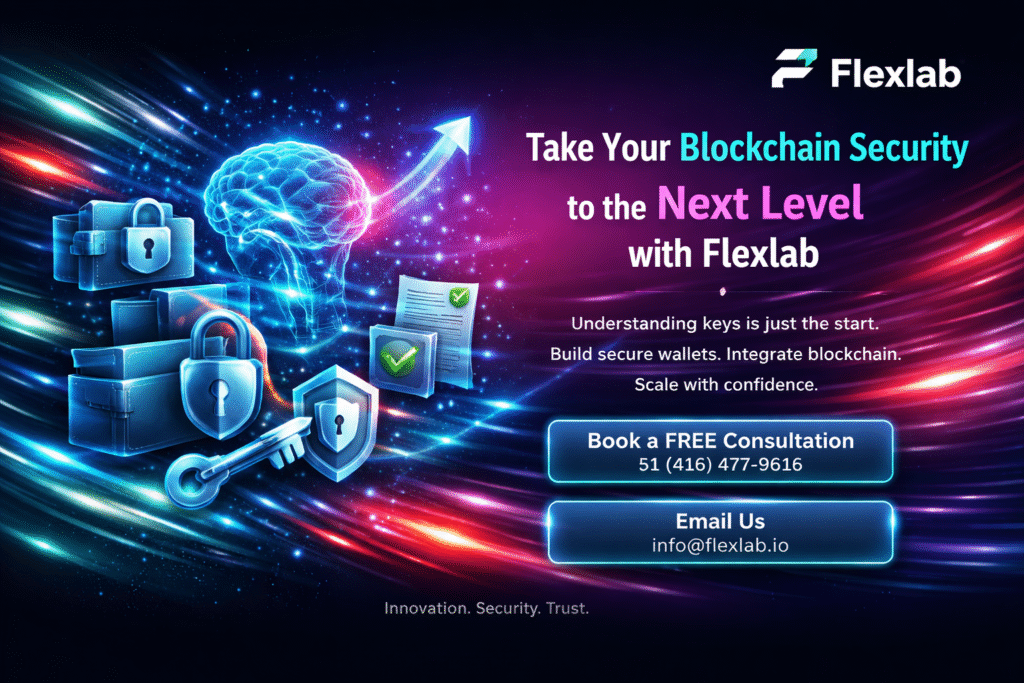

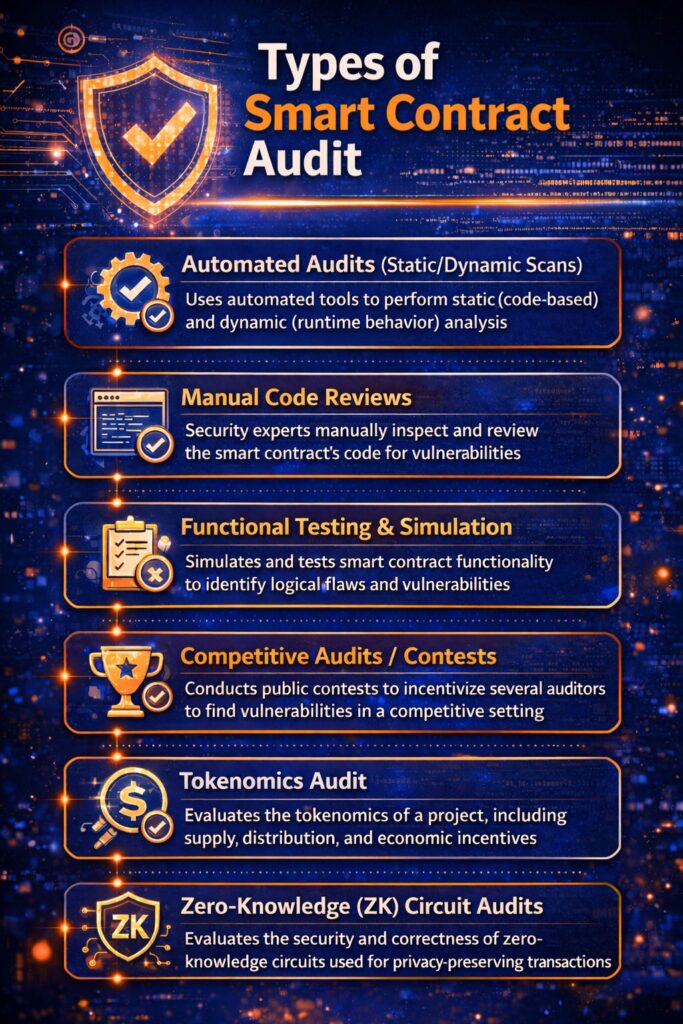
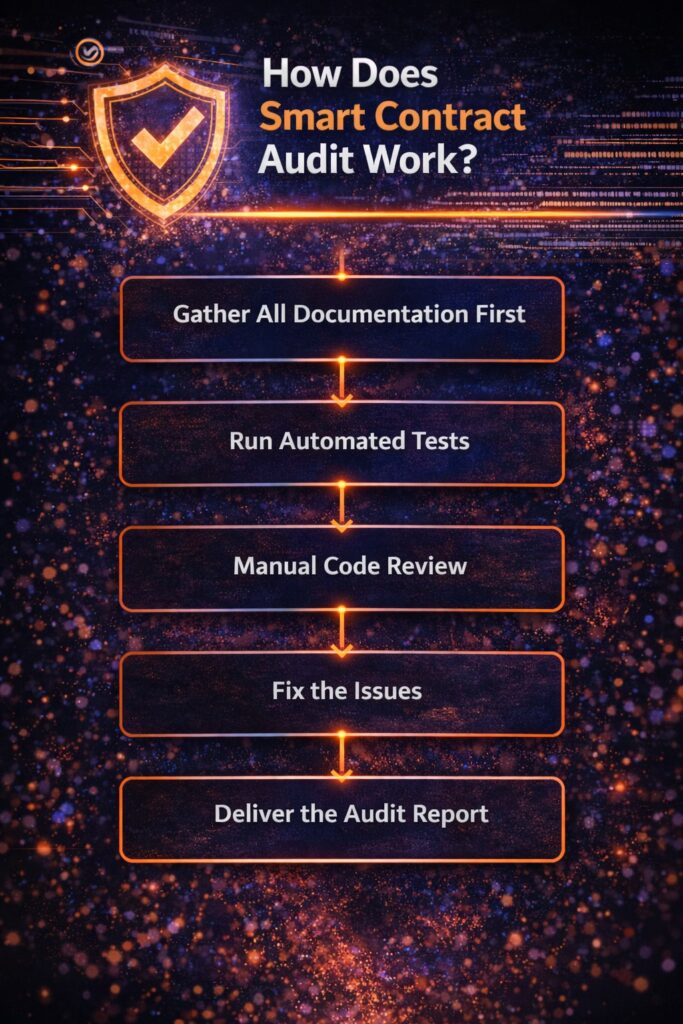
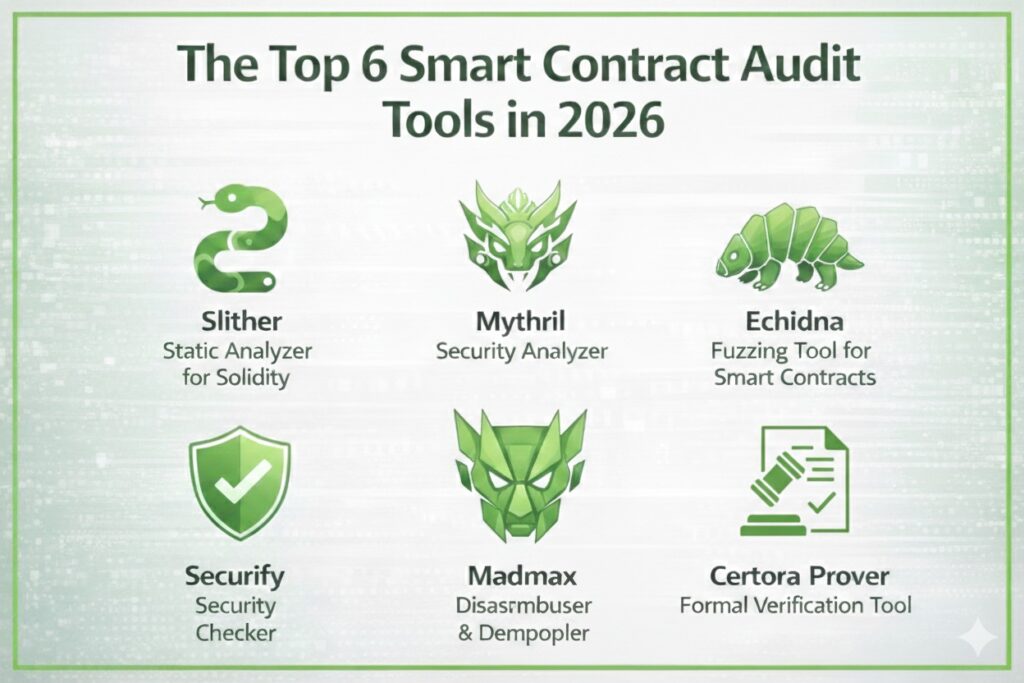


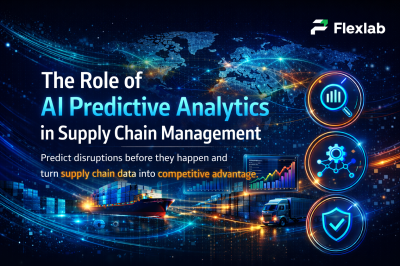
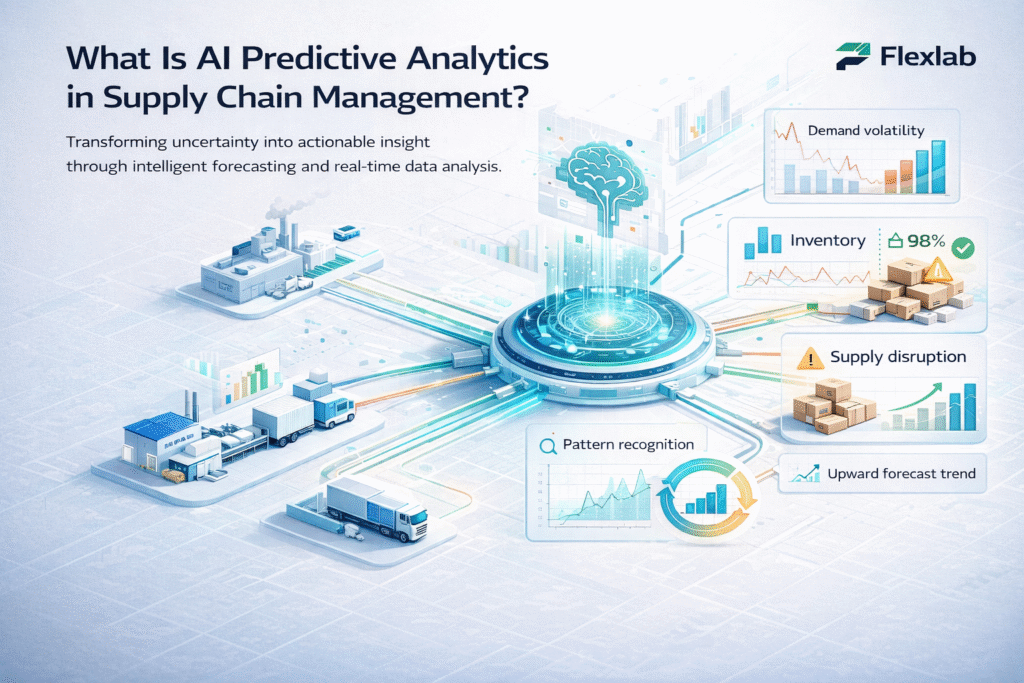
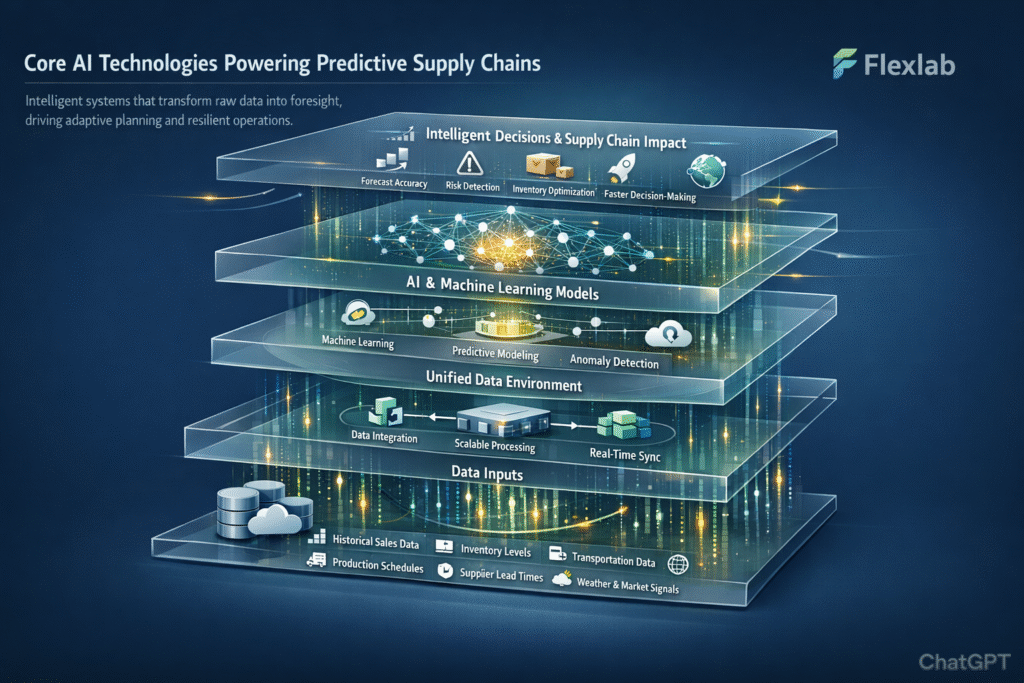
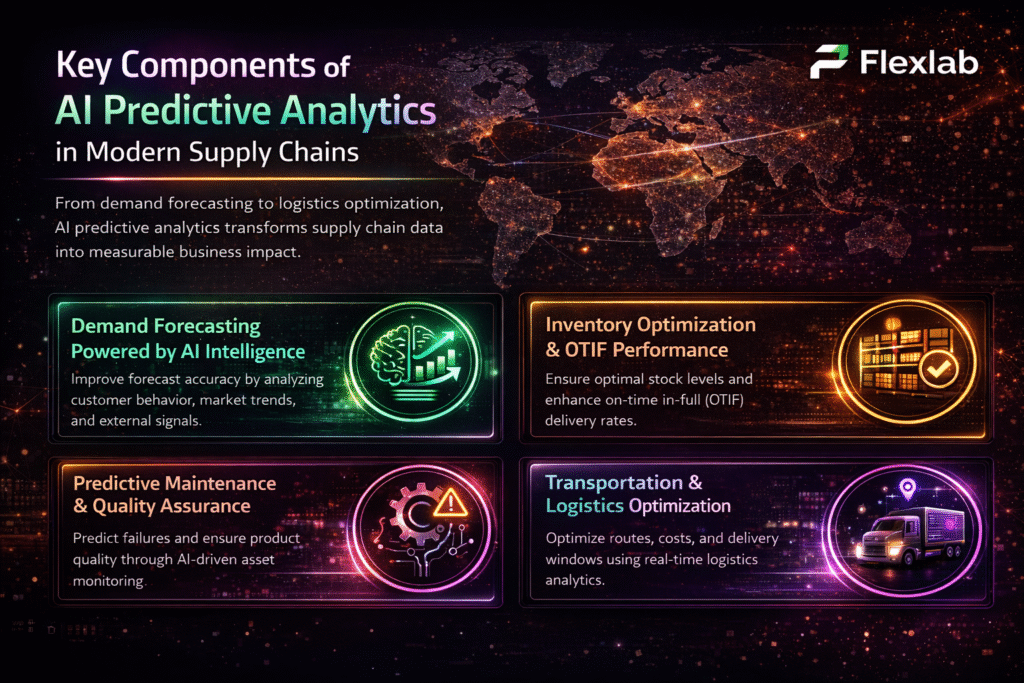
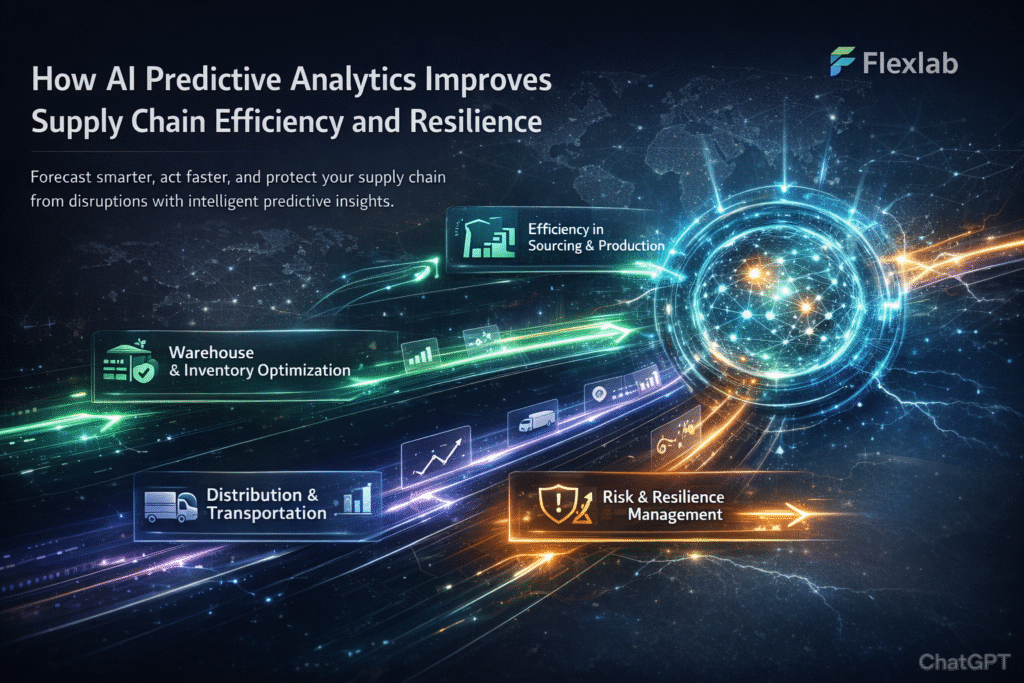
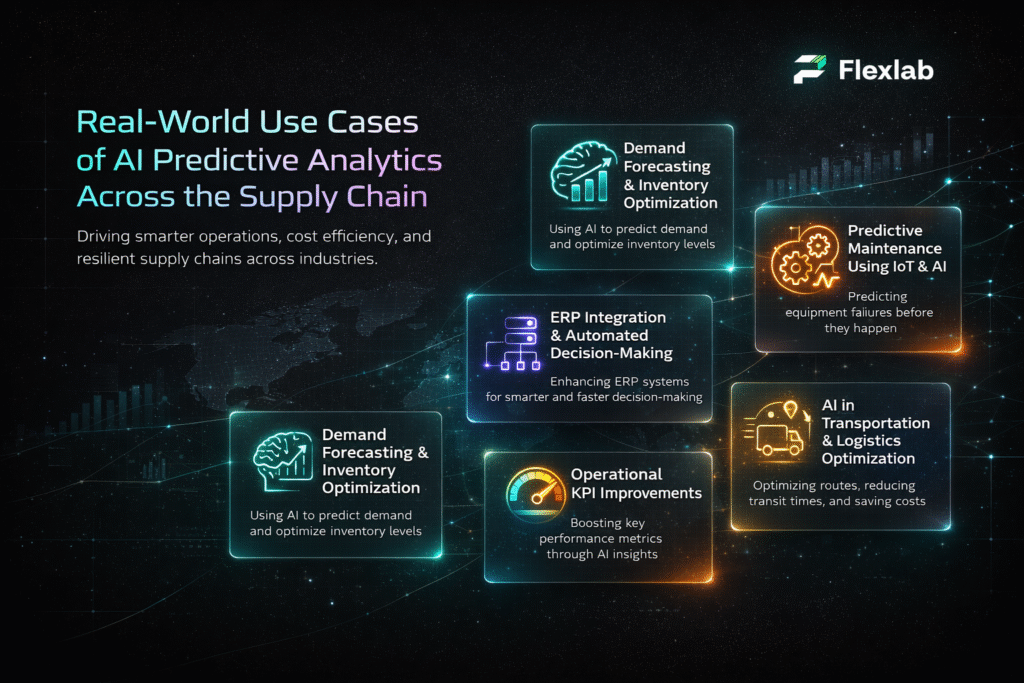
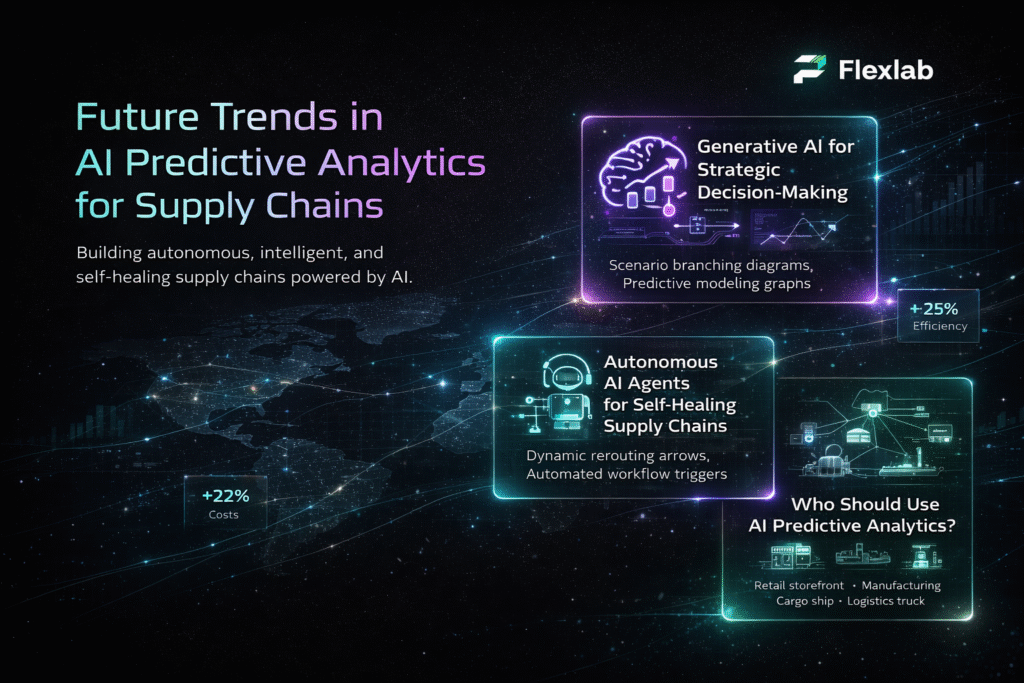
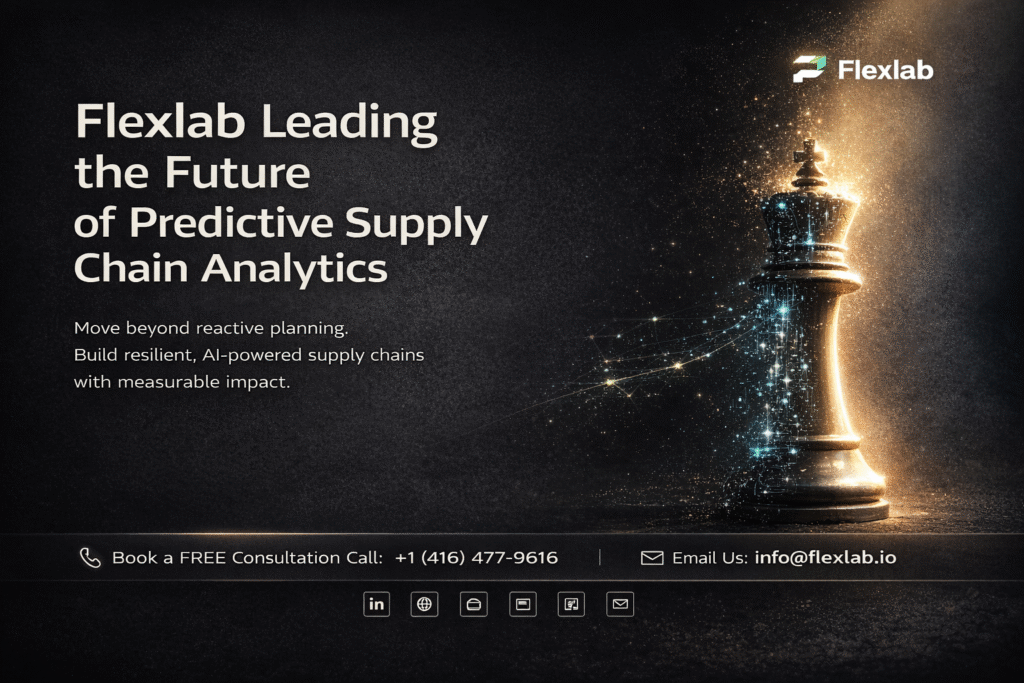
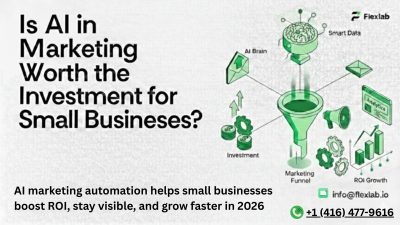
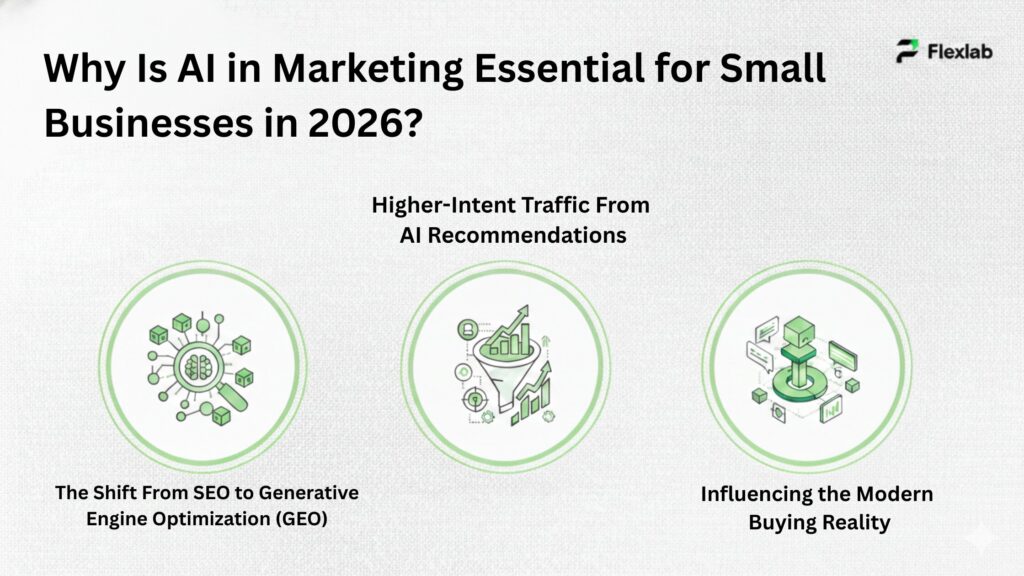
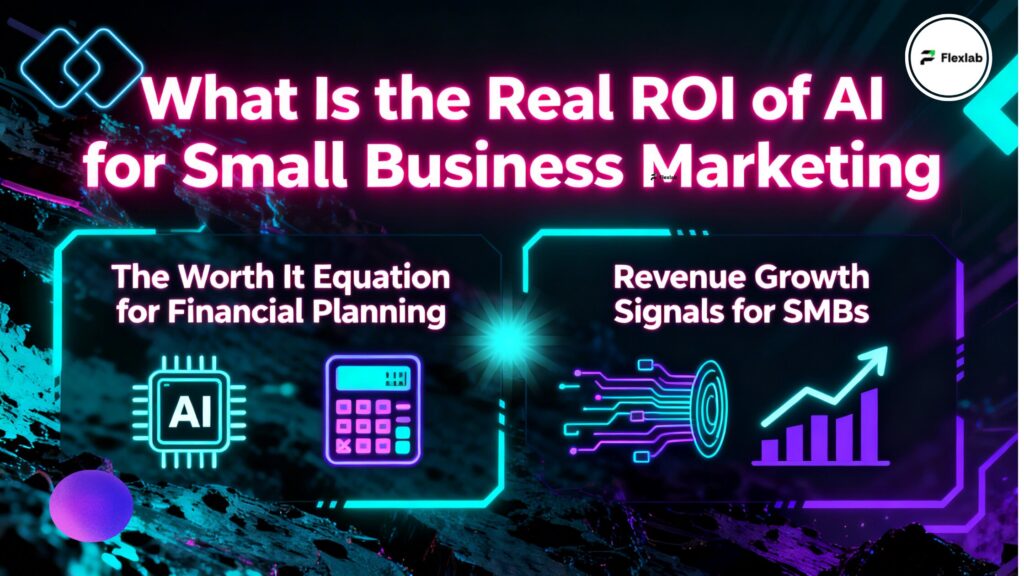
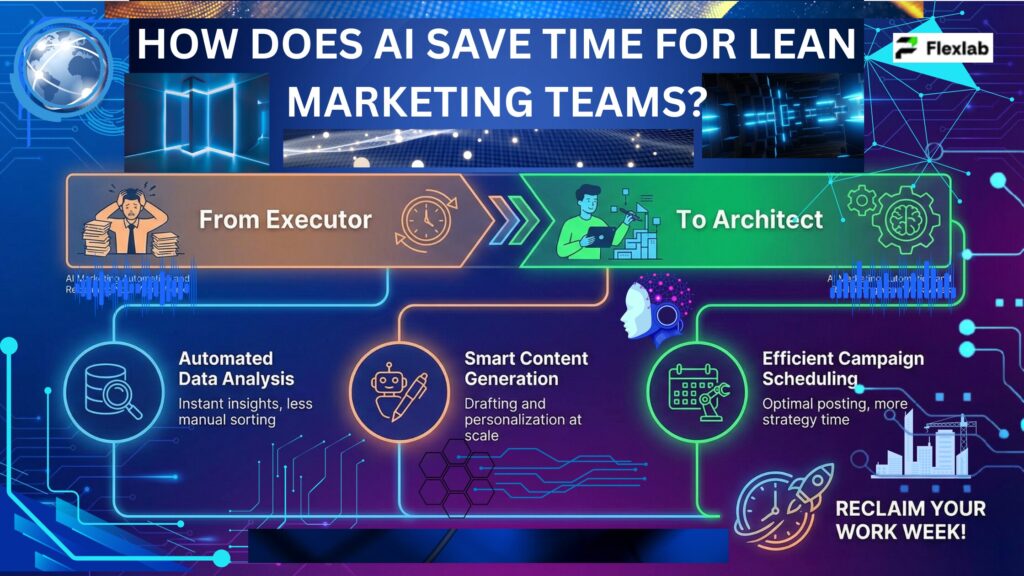
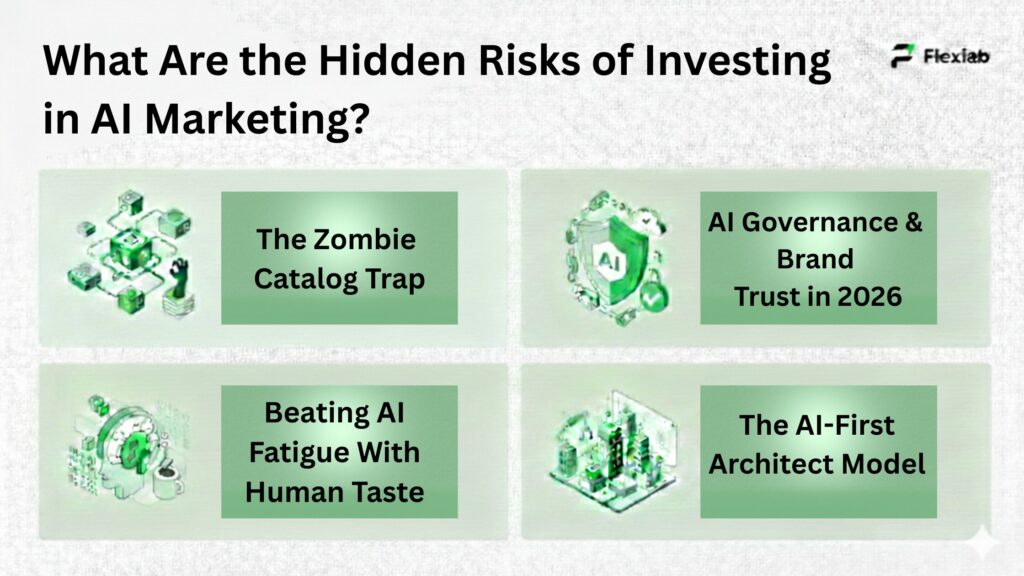
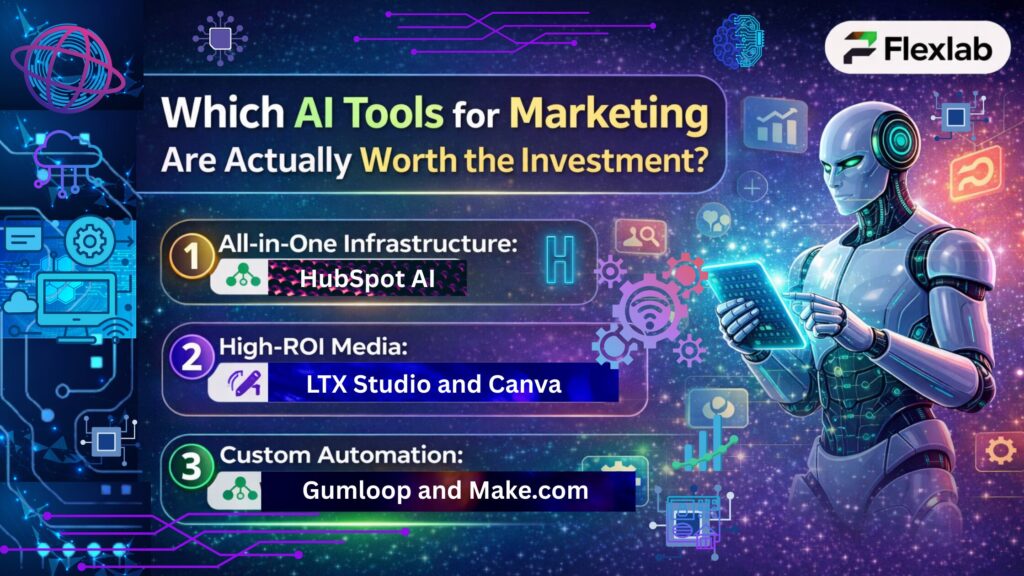
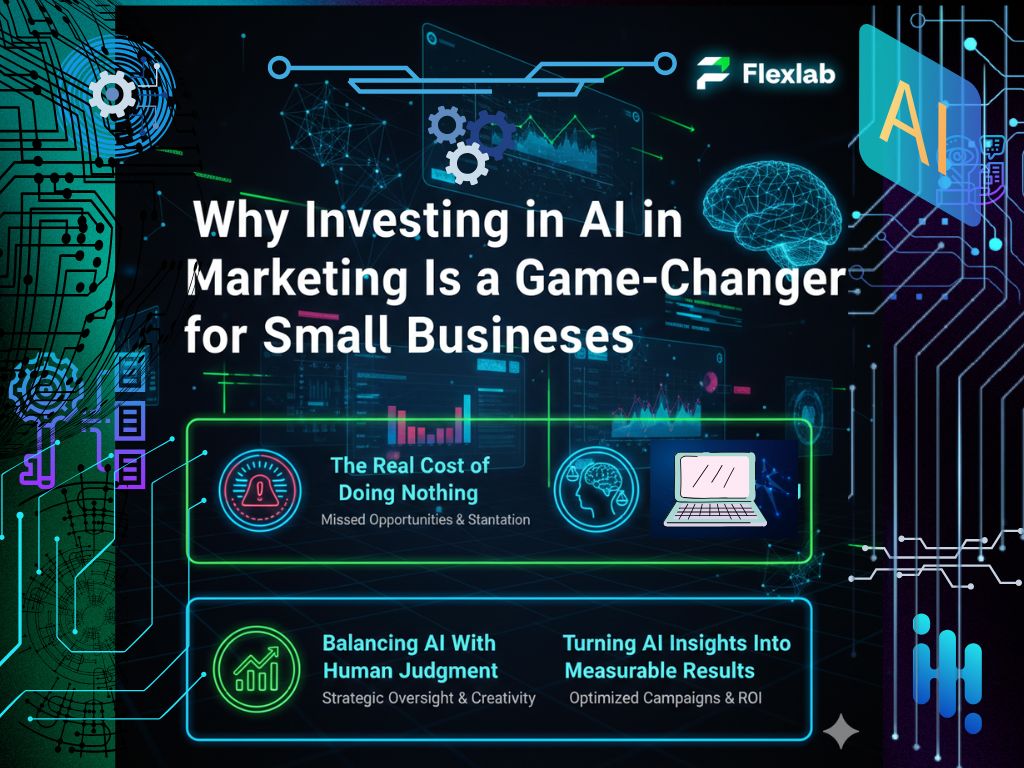
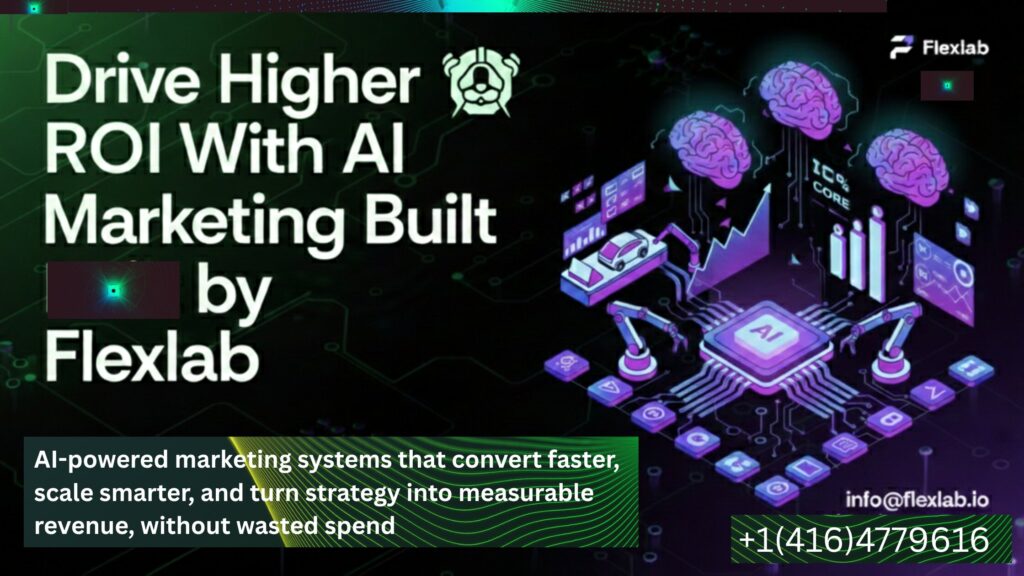
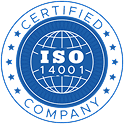


7 Responses
Thanks for sharing. I read many of your blog posts, cool, your blog is very good.